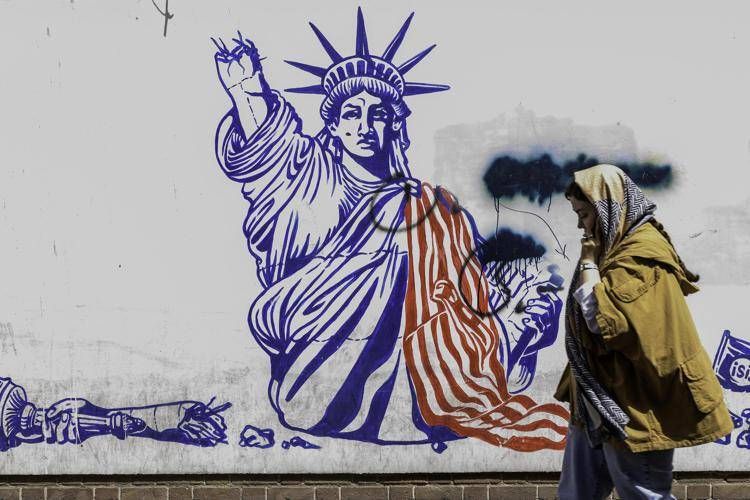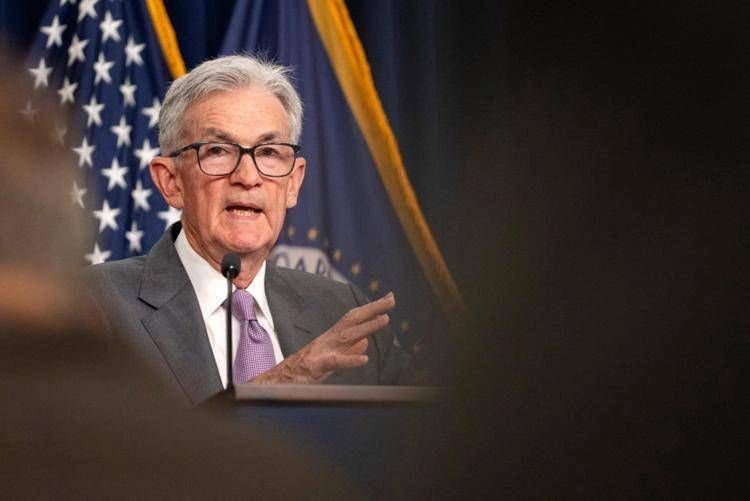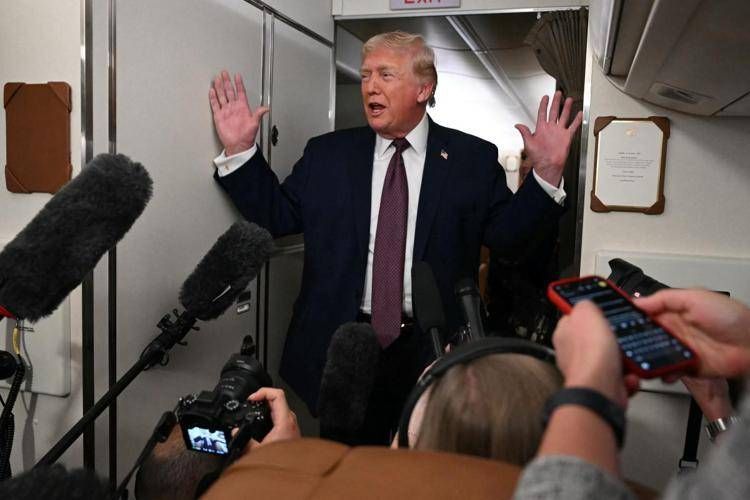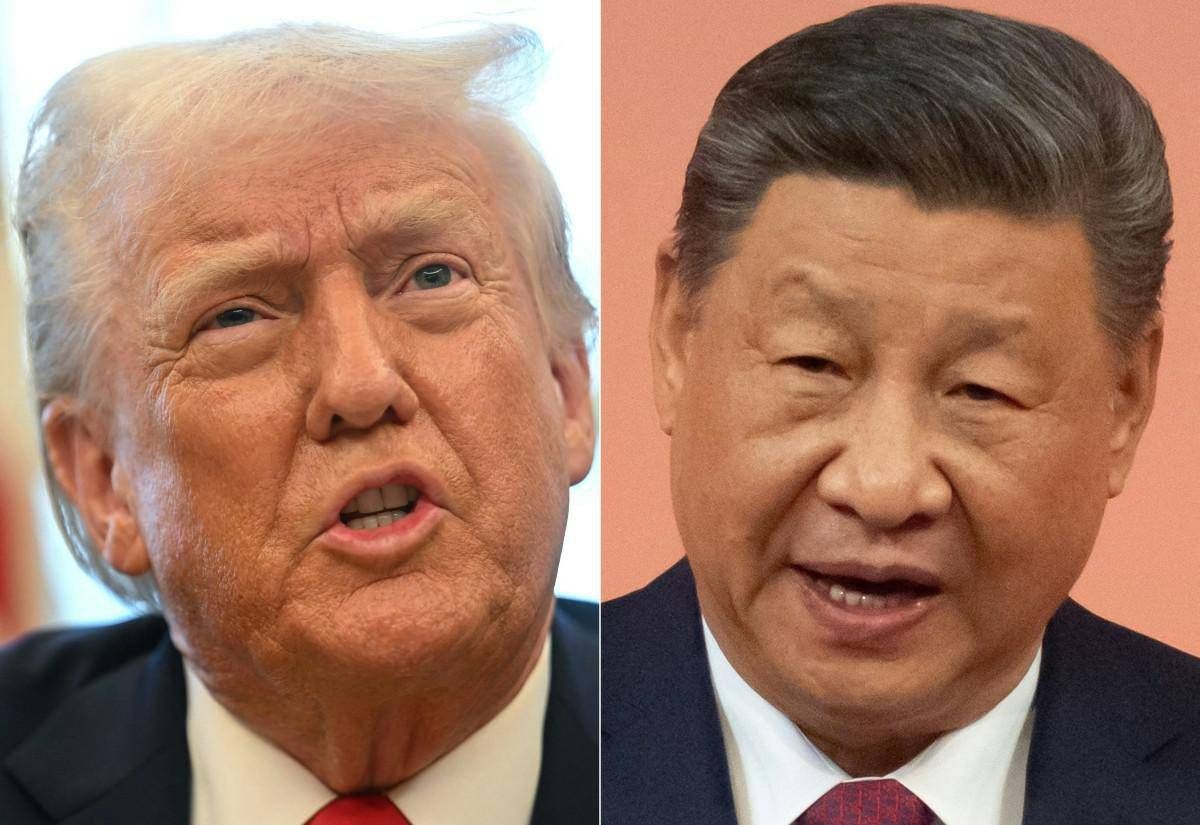
China responds to Trump’s tariffs: retaliation more symbolic than effective?
-


Overnight explosions in Caracas hit military area, widespread power outages reported VIDEO
-


Attacco Usa in Nigeria contro l’Isis, Trump: “Risposta al massacro di cristiani” VIDEO
-


Frana a Cormons: disperso un giovane e un’anziana sotto le macerie VIDEO
-


Tifone Fung-Wong colpisce le Filippine: un milione di evacuati VIDEO LIVE
China takes targeted measures against the US after the tariffs, but the response seems to be more of a negotiating strategy than a real trade challenge
Beijing is not standing idly by in the face of Donald Trump’s decision to impose additional 10% tariffs on Chinese products imported into the US. However, the Chinese response looks more like a warning than a real counter-attack. The retaliation hits the energy and auto sectors, with ‘countermeasures’ targeting individual US companies and a clampdown on metal and metalloid exports. In addition, China has initiated an antitrust investigation against Google, a sign that could herald new tensions.
According to the BBC, China might even see a strategic opportunity in this situation. Indeed, the measures taken by Beijing are targeted and less impactful than Trump’s tariffs, which could be a way to gain leeway in future negotiations. The British broadcaster also points out how China, compared to the first Trump administration, has reduced its economic dependence on the United States, strengthening ties with Africa, Latin America and South-East Asia.
In contrast, the US tycoon’s moves seem to be more divisive than anything else. The BBC points out that the threat to hit the European Union with tariffs may make Beijing appear more stable and reliable as a trading partner.
The Chinese strategy is interpreted by some analysts as an early warning sign. According to the Wall Street Journal, further rounds of tariffs could be imminent, while the New York Times notes that China seems to want to hold heavier measures in reserve in order not to damage trade relations too much. Bert Hofman, former World Bank and now professor at the National University of Singapore, notes that Chinese countermeasures affect less than 30% of US exports to China, suggesting that Beijing is waiting for Washington’s next moves before acting more decisively.
From a strategic perspective, Yun Sun of the Stimson Centre warns that Trump’s ‘America First’ policy poses a threat to many countries, indirectly favouring China. John Delury of Yonsei University in Seoul also comments to the BBC that protectionist moves and the freezing of foreign aid give the Global South the impression that the US is no longer interested in international cooperation, leaving room for Beijing to consolidate its role.
However, Beijing cannot yet sing victory. Chong Ja Ian of Carnegie China points out that although some countries have an interest in cooperating with China, there are still serious concerns about its assertiveness in the South China Sea and the Taiwan issue. For this reason, he concludes, we are seeing a rapprochement between Japan, South Korea, the Philippines and Australia, who are concerned about Chinese ambitions in the region.
The trade war, in short, seems only just beginning. And if Trump has already upped the ante, Beijing may have other moves in store in response.
THE LATEST NEWS
(Photo: © AndKronos)
-

 Flash22 ore ago
Flash22 ore ago200 persone evacuate dal grattacielo di Ferrara per un incendio
-

 News22 ore ago
News22 ore agoAggressioni vicino alla stazione Termini a Roma: quattro persone fermate
-
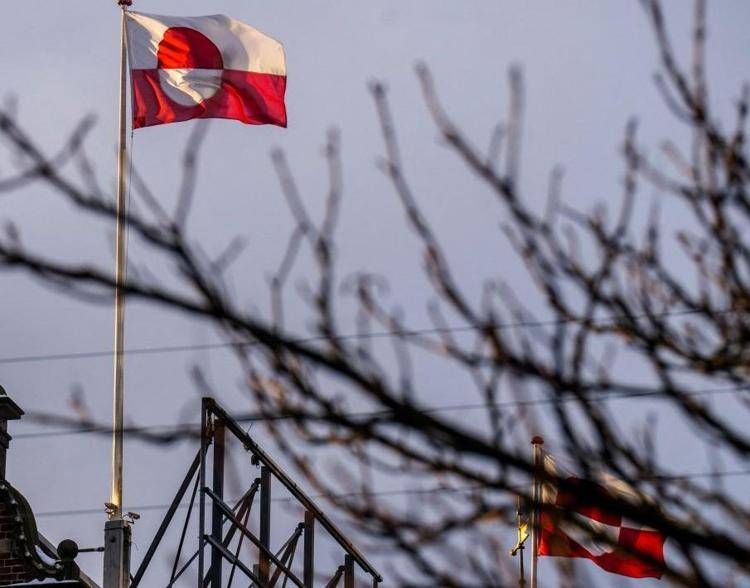
 In Evidenza21 ore ago
In Evidenza21 ore agoGb studia invio di una forza militare in Groenlandia per proteggere zona Artico
-

 International-News18 ore ago
International-News18 ore agoDeployment of a military force in Greenland in UK talks



